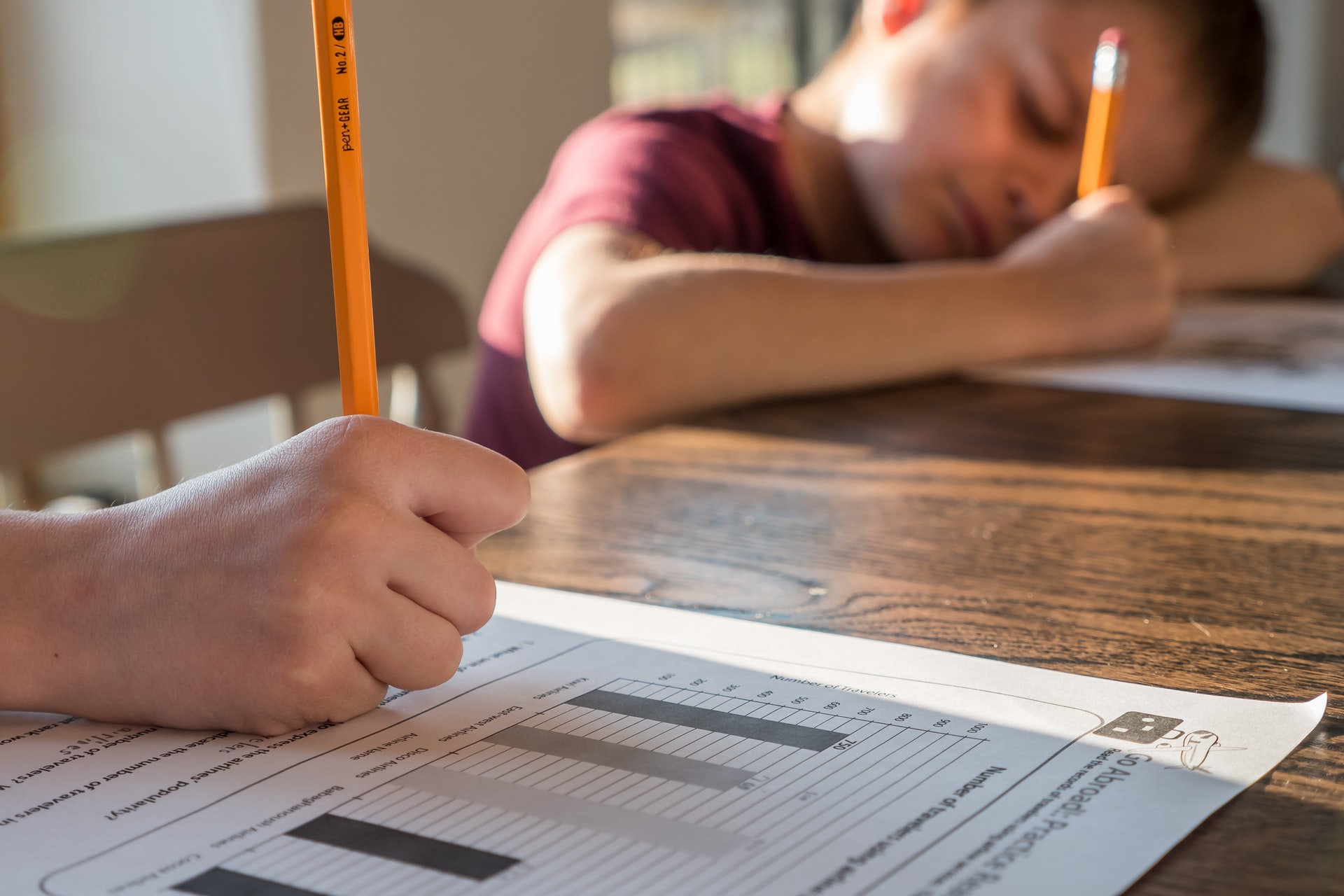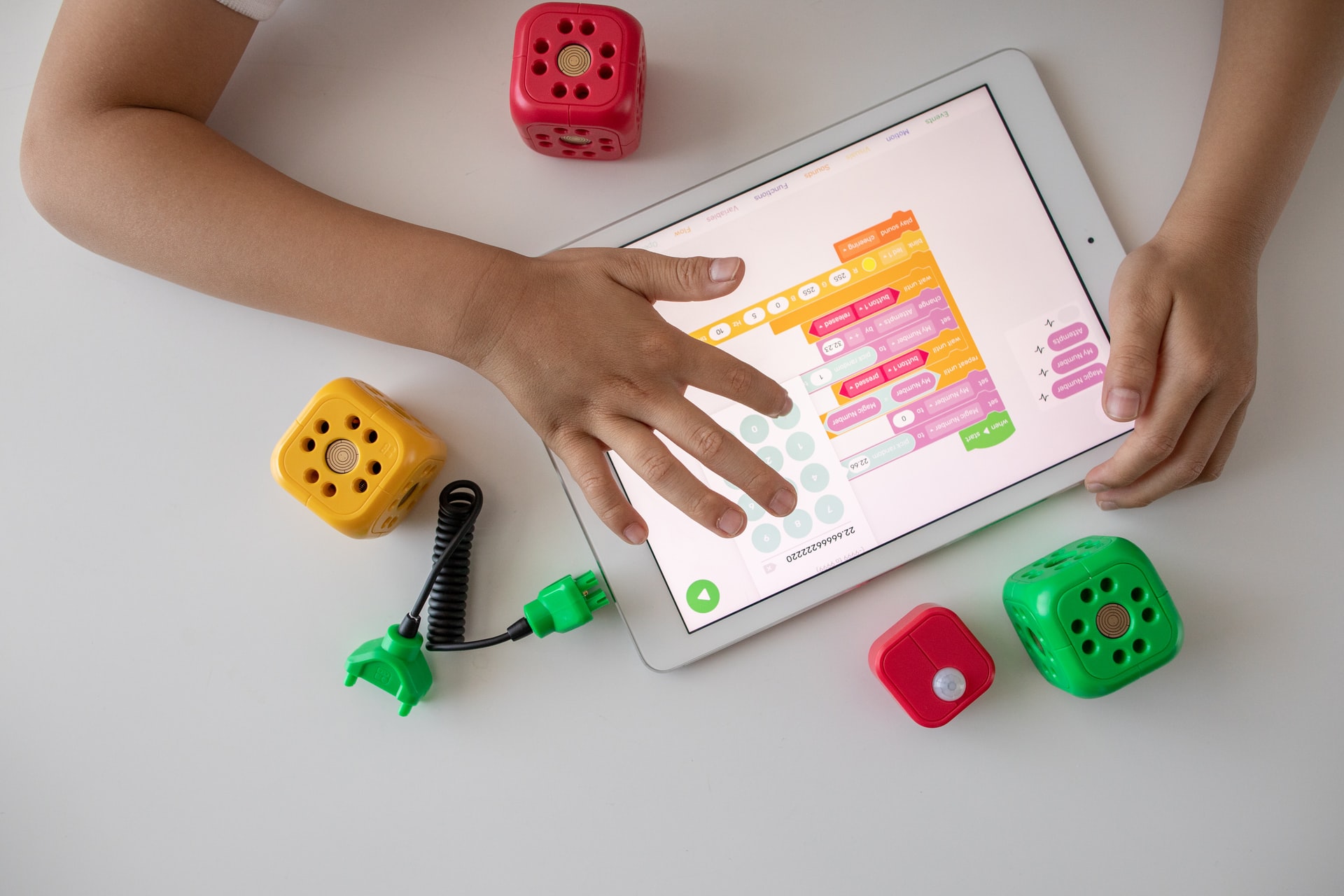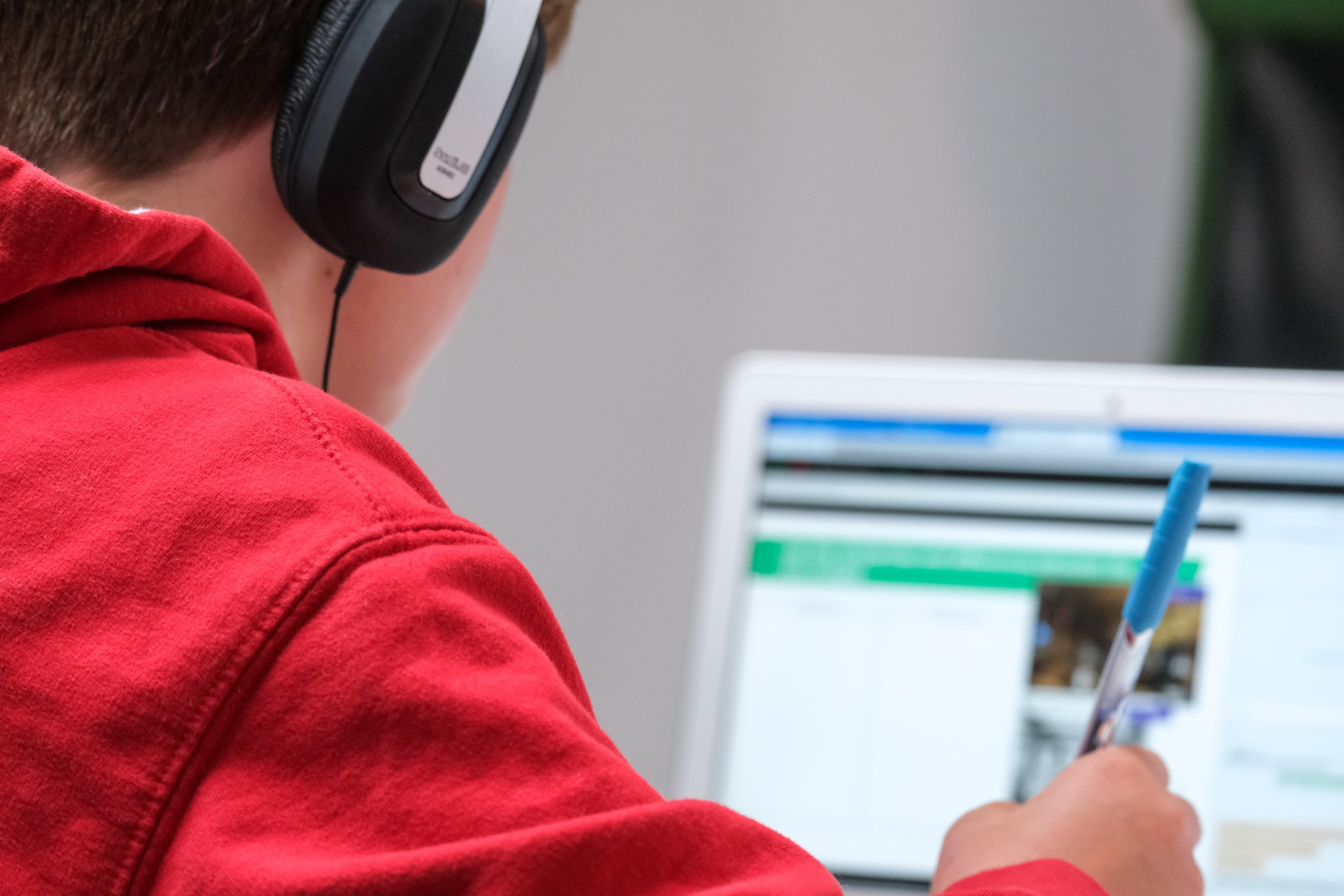5 ways edtech builds cross-curricular connections to STEM content
By Carrie Willis, Technology and STEAM Director, Valley Preparatory School
 Photo by Annie Spratt on Unsplash
Photo by Annie Spratt on Unsplash
There are a number of tech tools and resources to help educators weave STEM learning into all manner of core courses
- 0 Comments
- Mar 23, 2021 10:00:00 AM
- Posted by Natalia Galvis
- Topics: Robotics, About the Robots, EdTech, STEM, Curriculum, teachers, students, Technology, Edchat, Digital Technology, teaching, online, lessons, eLearning, Automation
3 Ways to Assess Math Understanding More Deeply
By Edutopia
 Image by Gerd Altmann from Pixabay
Image by Gerd Altmann from Pixabay
It's tempting to think of math assessments as routine, end-of-the-lesson checkups. Give students a quiz, grade it, and move on. But math assessments can, and should, do more.
- 0 Comments
- Mar 22, 2021 10:00:00 AM
- Posted by Natalia Galvis
- Topics: Robotics, About the Robots, EdTech, STEM, Curriculum, teachers, students, Technology, Edchat, Digital Technology, teaching, online, lessons, eLearning, Automation
5 Fun Education Grants and Contests for Schools

Photo by Fabian Blank on Unsplash
Education grants play a critical role in connecting students and schools with engaging educational experiences
- 0 Comments
- Mar 18, 2021 10:00:00 AM
- Posted by Natalia Galvis
- Topics: Robotics, About the Robots, EdTech, STEM, Curriculum, teachers, students, Technology, Edchat, Digital Technology, teaching, online, lessons, eLearning, Automation
Places to Find Simple Yet Actionable STEM Lesson Plans
By Devin Partida
 Photo by Jessica Lewis on Unsplash
Photo by Jessica Lewis on Unsplash
The STEM field is highly valued. Jobs in these areas help boost innovation and lead to progress in society, and they also pay quite well. However, teaching this curriculum to K-12 students can be a challenging task. Here’s how teachers can find simple yet effective STEM lesson plans to better engage their students and encourage them to enter this robust sector.
- 0 Comments
- Mar 17, 2021 10:00:00 AM
- Posted by Natalia Galvis
- Topics: Robotics, About the Robots, EdTech, STEM, Curriculum, teachers, students, Technology, Edchat, Digital Technology, teaching, online, lessons, eLearning, Automation
How to Use the 5Es in Remote Math Instruction
 Photo by Antoine Dautry on Unsplash
Photo by Antoine Dautry on Unsplash
A five-stage instructional model—engage, explore, explain, elaborate, and evaluate—can guide students to a deeper understanding of math.
- 0 Comments
- Mar 16, 2021 10:49:08 AM
- Posted by Natalia Galvis
- Topics: Robotics, About the Robots, EdTech, STEM, Curriculum, Special Education, teachers, autism, Coding, students, programming, Technology, VR, Realidad Virtual, Edchat, Digital Technology, teaching, online, Virtual Reality, lessons, eLearning, Automation
Hybrid Teaching Strategies for Elementary Classrooms
By Paula Díaz
 Photo by Kelly Sikkema on Unsplash
Photo by Kelly Sikkema on Unsplash
Some adaptations for hybrid classrooms, like digital manipulatives and instructional videos—will be worth keeping when all students are back in the room.
- 0 Comments
- Mar 11, 2021 10:00:00 AM
- Posted by Natalia Galvis
- Topics: Robotics, About the Robots, EdTech, STEM, Curriculum, Special Education, teachers, autism, Coding, students, programming, Technology, VR, Realidad Virtual, Edchat, Digital Technology, teaching, online, Virtual Reality, lessons, eLearning, Automation
5 Tips for Inclusive STEM Learning Experiences
 Photo by Robo Wunderkind on Unsplash
Photo by Robo Wunderkind on Unsplash
When students who would never sign up for a robotics or coding class do so because we’ve introduced it to them, it’s a win-win for everyone.
- 0 Comments
- Mar 10, 2021 10:00:00 AM
- Posted by Natalia Galvis
- Topics: Robotics, About the Robots, EdTech, STEM, Curriculum, Special Education, teachers, autism, Coding, students, programming, Technology, VR, Realidad Virtual, Edchat, Digital Technology, teaching, online, Virtual Reality, lessons, eLearning, Automation
Flipped Learning in Remote Education: Turn Your Virtual Classes Upside Down
 Photo by Compare Fibre (https://www.amvia.co.uk/ ) on Unsplash
Photo by Compare Fibre (https://www.amvia.co.uk/ ) on Unsplash
Have you always been interested in flipped learning but you’ve never actually put it into practice? Remote education offers the perfect chance to discover all the benefits of this methodological approach.
For those of you who aren’t familiar with flipped classrooms, the concept can be explained very simply. Flipping a classroom means turning learning structures upside down: instead of introducing a new topic with traditional lectures, teachers prepare a presentation and hand it over to their students. They will watch it or read it – depending on the format – on their own before the class. Subsequently, class time will be used for hands-on education.
- 0 Comments
- Mar 9, 2021 10:00:00 AM
- Posted by Natalia Galvis
- Topics: Robotics, About the Robots, EdTech, STEM, Curriculum, Special Education, teachers, autism, Coding, students, programming, Technology, VR, Realidad Virtual, Edchat, Digital Technology, teaching, online, Virtual Reality, lessons, eLearning, Automation
5 Ways How VR Will Soon Impact Education Process
By Theresa Cofield

Today, the educational process is almost completely different from the educational process 1 decade ago. Teachers were trying to make the process more fun for children and teens, but so they can learn. Nowadays, with all new technology, it’s definitely more fun and even efficient.
Special equipment for educational purposes is designed to make the knowledge transfer process a lot easier, quicker, and more effective. Throughout the years, the educational process has been evolving, new tech has been added, and the next logical step would be to implement VR technology into the process.
What would be the results and effects on the overall process? Would it make the learning process easier and more efficient? It seems that yes, VR pack kits implementation would cause positive effects on the process. Here are the 5 ways of how VR might soon impact the educational process.
- 0 Comments
- Mar 8, 2021 10:00:00 AM
- Posted by Natalia Galvis
- Topics: Robotics, About the Robots, EdTech, STEM, Curriculum, Special Education, teachers, autism, Coding, students, programming, Technology, VR, Realidad Virtual, Edchat, Digital Technology, teaching, online, Virtual Reality, lessons, eLearning, Automation
Adaptive Behavior Skills for Kids with Special Needs
 Photo by Nathan Anderson on Unsplash
Photo by Nathan Anderson on Unsplash
Adaptive behavior is defined as the set of skills that individuals should be able to perform at a certain age. Examples include social skills, cleaning, and personal grooming. Professionals call this life skills social competence, or adaptive behavioral functioning.
Children with special needs might be delayed in these areas. Part of the assessment for children with special needs is their ability to perform behaviors like those listed above.
As children mature, they can display more complex adaptive behaviors. Preschool-aged children learn to get dressed on their own and tie shoelaces. Third graders can order for themselves at a restaurant. Sixth graders can do certain chores and manage their allowance. Teenagers become more independent by taking public transport on their own, drive and perhaps even do grocery shopping.
- 0 Comments
- Mar 5, 2021 10:00:00 AM
- Posted by Natalia Galvis
- Topics: Robotics, About the Robots, EdTech, STEM, Curriculum, Special Education, teachers, autism, Coding, students, programming, Technology, Edchat, Digital Technology, teaching, online, lessons, eLearning, Automation
Relevant Posts
Popular Posts
Subscribe to Email Updates
-
I Want To Learn MoreADDITIONAL INFORMATION


